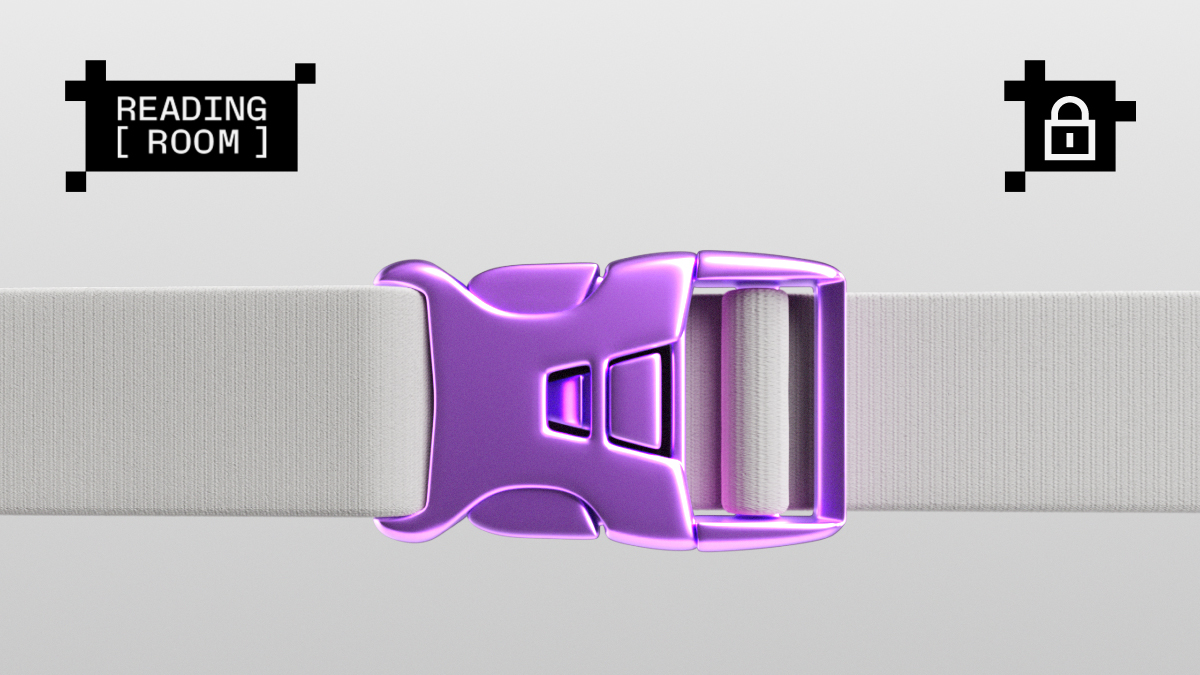
Both hot and cold wallets are essential for securing your cryptocurrency, but they do so in different ways. Understanding the differences between these two types of wallets is crucial for ensuring the security of your assets. Let’s dive deeper into hot wallets and cold wallets to grasp their nuances.
Contents
What Is a Hot Wallet?
A hot wallet, also known as a software wallet, is a piece of software that you install on your smartphone or laptop. To access a hot wallet, you set a password only known to you, ensuring that nobody can physically access your wallet through your device.
The term “hot” refers to the fact that this type of wallet generates your seed phrase online and stores your private keys online as well.
Seed Phrase Generated Online
When you first launch a hot wallet, it generates your seed phrase in an online environment and displays it on the screen of your device. However, once your seed phrase has been online, you have no way of knowing who has seen or accessed it remotely. This poses a significant security risk.
Private Keys Live Online
Hot wallets store your private keys digitally within their application on your device. As these devices are always connected to the internet, your private keys are constantly online. This means that once your private keys have been online, there’s no way to confirm their secrecy.
Hot wallets are ideal for quick and convenient transactions and are often favored by newcomers to the crypto world. They are easy to download, provide control over your private keys, and make it simple to interact with crypto platforms. However, they come with significant security implications.
The Risks of Hot Wallets
While hot wallets make transacting easy, they also leave you vulnerable to hacks via your internet connection. Sophisticated hackers can use your connected device as an attack vector, penetrating your hot wallet and remotely extracting your private keys. Since private keys stored on a computer or phone are always exposed to this risk, hot wallets are not suitable for securing high-value assets.
What Is a Cold Wallet?
A cold wallet goes beyond simply keeping your private keys offline. It also never interacts with smart contracts, offering an additional layer of security. Cold wallets are commonly misunderstood as the complete opposite of hot wallets, but this is an inaccurate characterization.
What Is a Cold Wallet For?
A true cold wallet acts as a vault for the majority of your crypto assets, isolating them from all potential risks. Think of it as a “savings” account where you store your funds without actively transacting.
Why Do You Need a Cold Wallet?
While an offline private key secures you against hacks and malware, it cannot protect you from the risks associated with interacting with smart contracts. A mistake or misunderstanding when interacting with a smart contract can compromise the contents of your wallet.
Cold wallets exist to mitigate these risks. By having an account that doesn’t encounter such dangers, you can store your most valuable digital assets with confidence.
Why Is a Hardware Wallet a Good Cold Crypto Storage Solution?
A hardware wallet, which is a physical device, is often chosen as the preferred cold wallet option due to its key features. It never connects to the internet and securely stores your private keys offline. Even the most sophisticated hackers cannot penetrate a hardware device. Moreover, hardware wallets only require the device itself and a commitment from the user.
By using a Ledger device, you can set up multiple accounts for each blockchain asset, segregating your crypto assets into different wallets. You can designate one wallet as a secure vault and another for interacting with Web3 platforms.
Hot Wallet vs Cold Wallet: Which is Better?
You don’t have to choose between a hot wallet and a cold wallet because you can access the utility of both from the same Ledger device while keeping your private keys offline. Ledger devices allow you to create unlimited accounts for each blockchain asset, each existing independently and protected from the others. This allows you to segregate your crypto assets into different wallets, designating one as a secure vault and another for interacting with Web3.
Hot Wallet vs Cold Wallet: How To Set Them Up
To secure your assets with a Ledger Nano S, Ledger Nano X, or Ledger Stax, you can create two ETH accounts within your Ledger. Designate one account as a vault that never interacts with Web3, serving as your cold wallet. The other account can be used as an active Web3 wallet, exclusively for smart contract transactions and exploring Web3. Only transfer ETH into your Web3 wallet when needed, and only transfer the specific amount required.
You can connect your Ledger device to various hot wallet interfaces, such as MetaMask, to interact with countless dApps on the Ethereum network. Ledger also supports several third-party wallets across multiple chains, providing you with flexibility and peace of mind.
Freedom Is Security
Hot wallets and cold wallets serve different purposes. Hot wallets are designed as gateways to blockchain apps and services, making transactions simple and convenient. On the other hand, cold wallets allow you to store valuable assets securely. With a Ledger device and proper wallet organization, you can manage the risks your crypto faces while exploring the growing ecosystem of dApps and services.
Stay informed and stay secure – YOU are in control of your crypto.
FAQs
Q: What is a hot wallet?
A: A hot wallet is a software wallet installed on a smartphone or laptop that generates and stores private keys online.
Q: What is a cold wallet?
A: A cold wallet is a wallet that keeps private keys offline, providing an additional layer of security by never interacting with smart contracts.
Q: Can I use both hot and cold wallets simultaneously?
A: Yes, with a Ledger device, you can access the utility of both hot and cold wallets while keeping your private keys offline.
Conclusion
Understanding the differences between hot wallets and cold wallets is crucial for ensuring the security of your cryptocurrency. While hot wallets provide convenience for transactions, they are not suitable for securing high-value assets. On the other hand, cold wallets act as secure vaults, protecting your crypto assets from potential risks. With a Ledger device, you can leverage both hot and cold wallets, managing the risks while exploring Web3 platforms. Stay informed, stay secure, and take control of your crypto assets.








